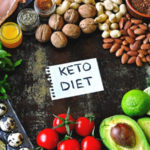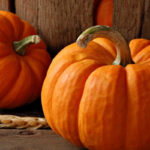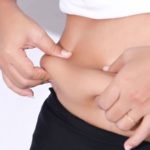While bathing can help remove dirt and sweat from the body, especially during the summer when we tend to sweat more, it’s important to be mindful of the timing of your baths to avoid potential health risks. This is especially crucial for individuals with a history of medical conditions such as hypertension, coronary heart disease, atherosclerosis, or diabetes.
First, never bathe right after eating
Many people have the habit of bathing immediately after a meal, especially after heavy and “odorous” meals like hot pot or barbecue. However, this practice can negatively impact your digestive system.
After a hearty meal, blood usually rushes to the digestive system to aid and promote intestinal peristalsis, helping with digestion and nutrient absorption. If you bathe right after eating, the digestion process can be disrupted. This is because when you bathe, your body needs to adjust its temperature, causing blood to rush to the blood vessels under the skin to cool down. As a result, the amount of blood available for digestion decreases, interrupting the digestion of food and leading to indigestion.
Additionally, bathing right after a meal can lead to a state of local anemia, with typical symptoms such as dizziness and headaches. The temperature change of the water can cause dilation of the blood vessels in the skin, leading to a risk of fainting or even stroke.
Recommendation: Wait for at least 30 minutes to an hour after a meal before taking a bath to ensure your safety.

Wait for at least 30 minutes to an hour after a meal before bathing to ensure your health and safety.
Second, never bathe right after exercising
Summer is a great time to engage in outdoor physical activities like running, cycling, or playing soccer. After an intense workout session, blood concentrates in the muscles and tissues to aid in recovery, while the blood vessels dilate to improve circulation. This can lead to a state of relative cerebral hypoxia and local anemia in the brain.
If you bathe right after exercising, especially with cold water, your body will experience a sudden temperature change, causing a shock and interrupting the blood circulation. This can make you more susceptible to catching a cold and exacerbating the lack of blood and oxygen in the brain.
Moreover, the increased blood circulation during exercise enhances capillary permeability, resulting in insufficient blood returning to the heart and an increased risk of hypotension. Symptoms of hypotension include blurred vision, nausea, rapid heartbeat, rapid and shallow breathing, pale skin, cold hands and feet, muscle weakness, chest pain, severe headache, and sudden fatigue. In more severe cases, it can lead to delirium, fainting, confusion, or seizures.
Recommendation: Take some time to rest and allow your body to regulate blood circulation and cool down before taking a bath.
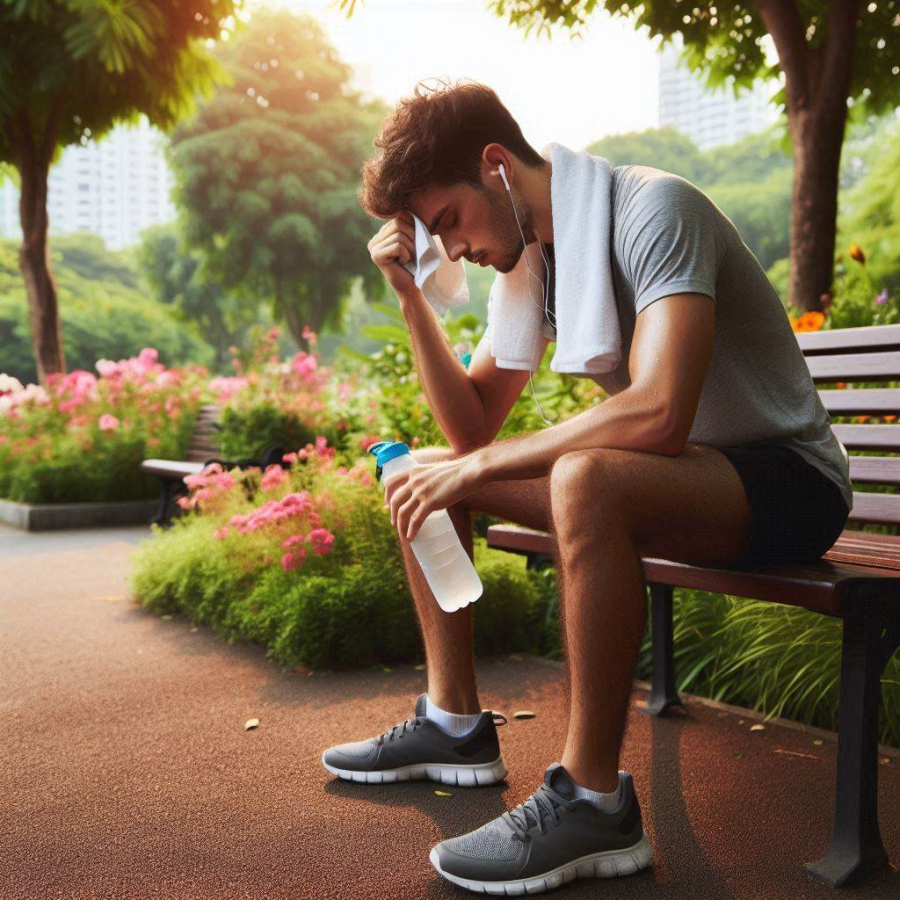
Rest and allow your body to cool down before bathing to maintain optimal health.
Third, never bathe right after consuming alcohol
Sipping on a beer or two during the summer can be refreshing, but bathing afterward will not help sober you up or make you feel more comfortable. Firstly, alcohol metabolism primarily occurs in the liver, not through the skin, so bathing after drinking does not expedite this process. Additionally, when intoxicated, your judgment and balance are impaired, increasing the risk of accidents like slipping in the bathroom.
Lastly, alcohol causes blood vessel dilation, and the combination of this dilation with the temperature of the bathwater can lead to a sudden drop in blood pressure, resulting in dizziness or fainting spells. The rapid increase in blood pressure, along with the elevated viscosity of the blood, can also lead to serious issues such as heart attacks or strokes.
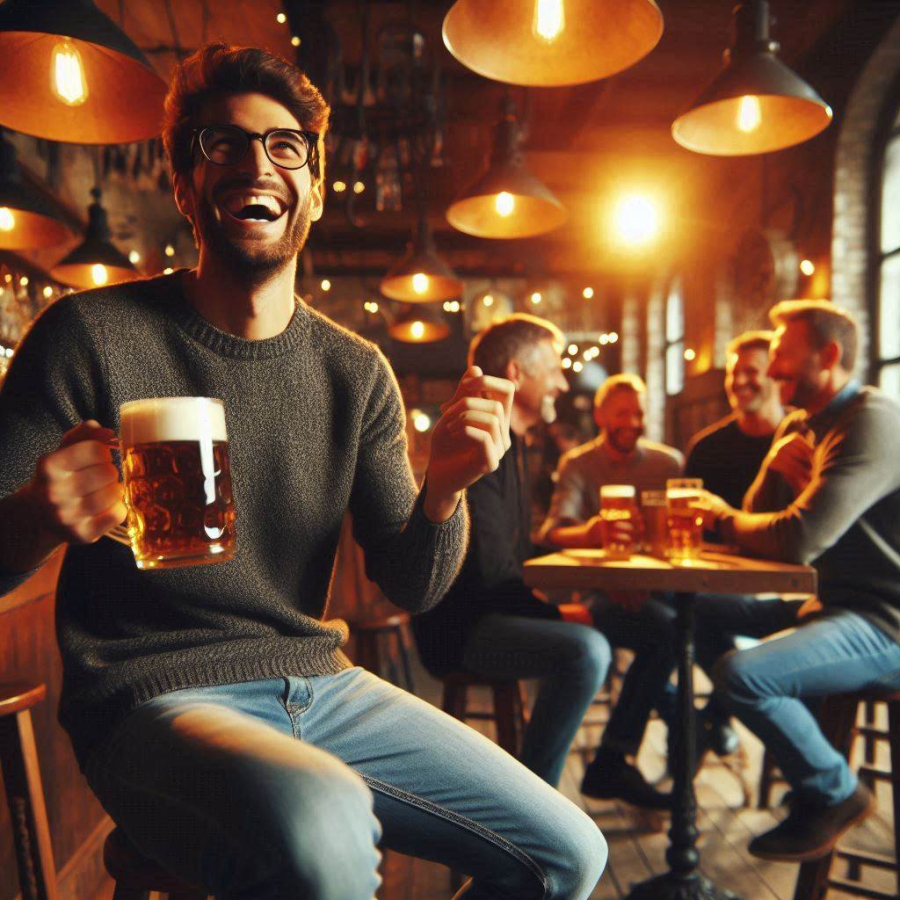
Alcohol causes blood vessel dilation, and sudden temperature changes can lead to health risks.
Tips for bathing in the summer to maintain optimal health
- Bathe only once a day and pay extra attention to hygiene in areas prone to sweat and bacterial buildup, such as the face, armpits, groin, private parts, hands, and feet.
- Avoid prolonged bathing and try not to bathe late at night. Ideally, bathe about two hours before bedtime.
- Maintain a moderate water temperature; 25°C is ideal, and never exceed 40°C.
- After bathing, refrain from immediately entering an air-conditioned room. Before bathing, turn off the air conditioning to allow your body to adjust to the room temperature.
- Avoid bathing if you have a fever, a cold, low blood pressure, or low blood sugar.

























